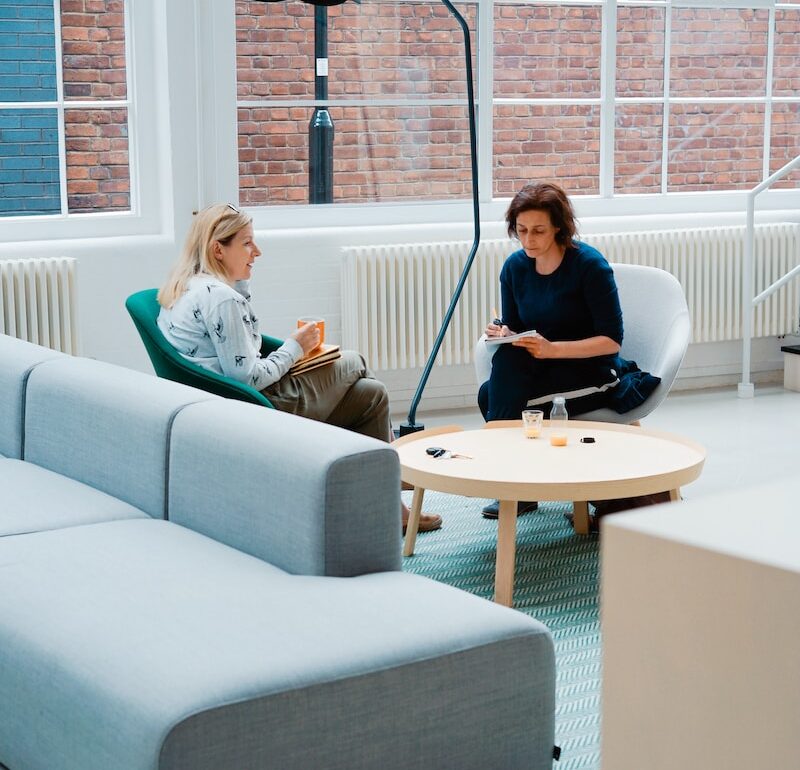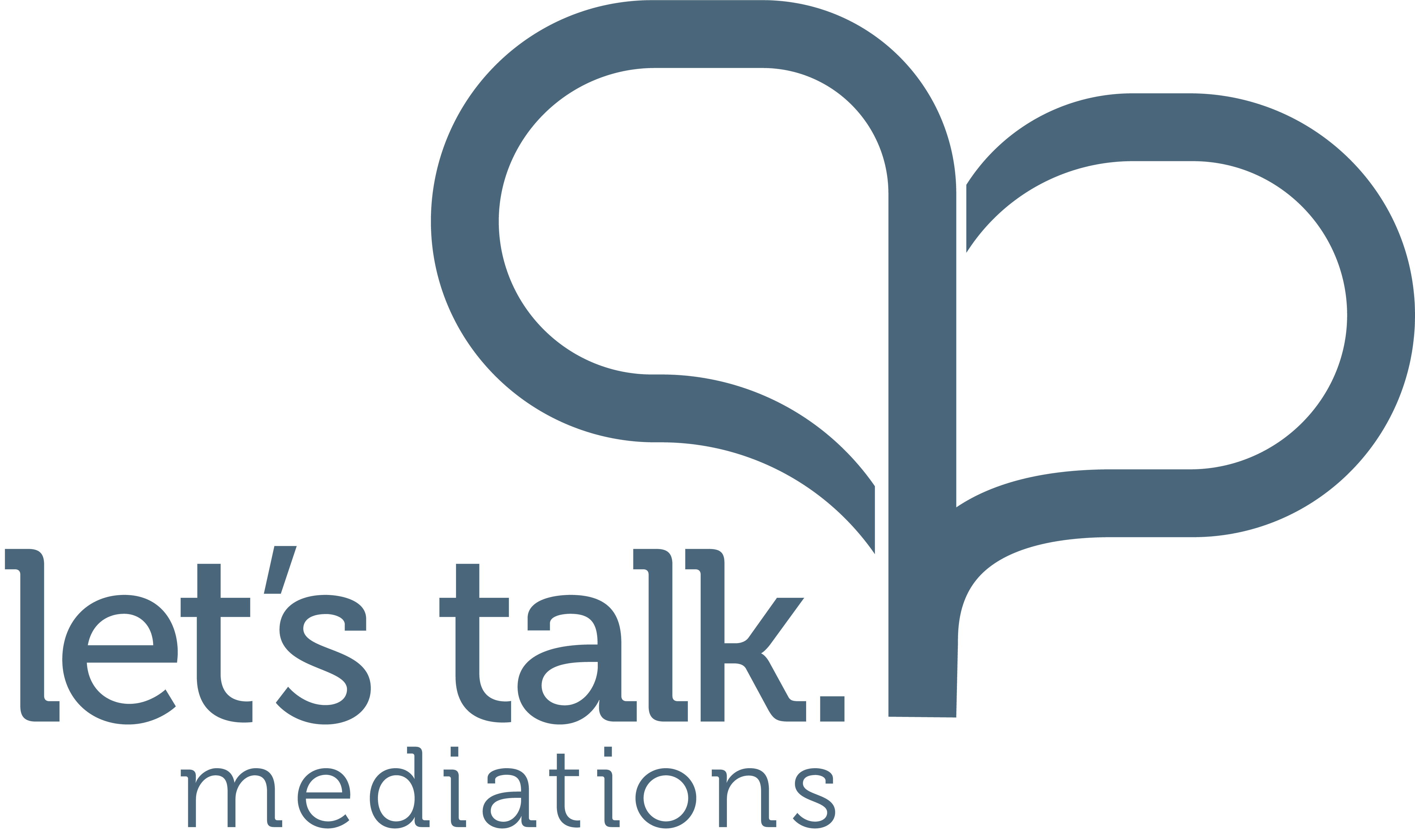Collaborative Practice is a versatile approach of resolving family law disputes, preserving the parties’ dignity and respect whilst providing the support they need. The Collaborative Coach is often described as the glue that binds the process together, playing a pivotal role in assisting the parties to reach a mutually beneficial outcome without litigation.
Collaborative Coaching
What is Collaborative Practice?
Collaborative Practice is a method of alternative dispute resolution, which begins with both parties agreeing to stay out of court.
The parties together with their solicitors and any other experts are then engaged in a series of meetings, facilitated by the Collaborative Coach. The coach guides the parties and their lawyers through the issues, encouraging the parties to discuss them in an open and respectful environment, and facilitating interest-based negotiations. This open environment is conducive to peaceful dispute resolution, and fosters clear communication, minimising instances of misunderstanding or mistrust between parties.
In addition to legal professionals, a number of collaboratively trained professionals may be included in discussions. Financial advisors can bring clarity to issues surrounding money, and help plan for the future. Child consultants bring their knowledge of child development, helping parents find solutions that minimise the impact of separation on their children. Coaches can foster communication, assist in managing stress and support parties who find it difficult to speak up for themselves.
Collaborative Practice strikes a harmonious balance by fostering cooperation, open communication and mutual understanding, whilst maintaining the dignity and respect of the parties.

Collaborative Practice offers many benefits:
How Collaborative Practice Functions:
The Participation Agreement specifies that lawyers must withdraw if an application to resolve the dispute through a Court or Tribunal is made. This provision keeps the primary focus on seeking a positive solution and deters posturing or litigation. It underscores the commitment to clients and their lawyers to work together, sharing a common goal of achieving a just and satisfactory settlement.
Additional experts, such as financial planners, accountants, mental health practitioners, and child psychologists, may also be engaged to guide the process. These professionals bring specialised knowledge to the table, ensuring comprehensive coverage of all facets of the dispute.
The core of Collaborative Practice comprises structured meetings, typically between four to seven. The agenda for each meeting is collaboratively determined, with clients, lawyers, and the Collaborative Coach working in unison to set the course. Between meetings, clients, their lawyers, and other professionals cooperate to ensure all pertinent information is available in advance.
The Collaborative Process in Motion:
The journey of Collaborative Practice typically unfolds as follows:
Take the first step today and work towards a positive future.
⚬ Experienced Mediators ⚬ Caring Solutions ⚬ Trusted Partners ⚬



